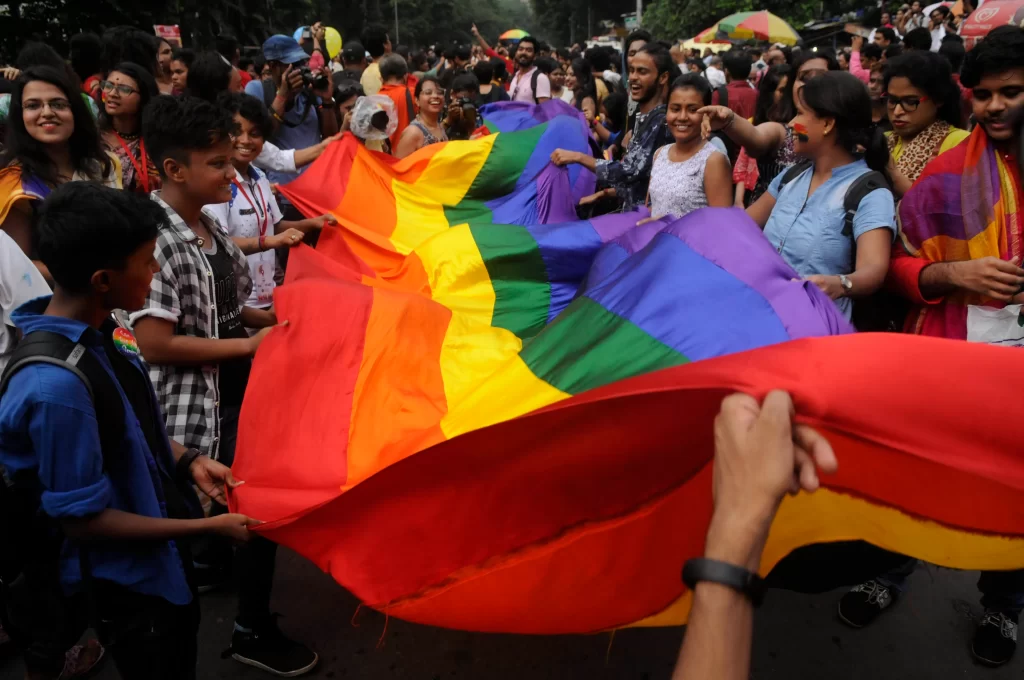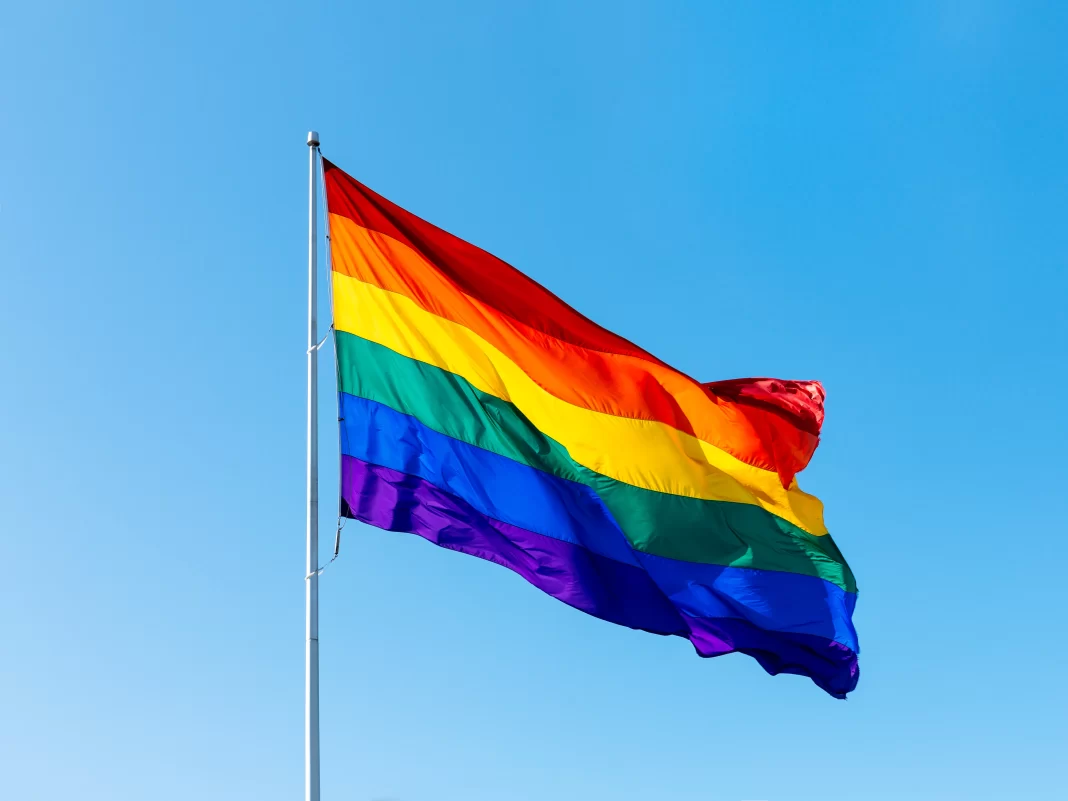A timeline towards decriminalizing homosexuality in India
Homosexuality was accepted in India even before being colonized
Gay rights politics have been a contentious subject in many countries throughout the world. Lesbian, Gay, Bisexual, and Transgender (LGBT) activists and human rights organizations have popularized the notion that gay rights are the final bastion of civil liberties in modern democracies.
Human sexuality is nuanced. Recognizing the distinction between desire, behavior, and identification recognizes the multifaceted character of sexuality. The fact that these aspects are not always congruent in people implies that the issues are multifaceted.
For several reasons, estimating the prevalence of homosexuality is challenging, including the related shame and societal suppression, the unrepresentative samples examined, and the difficulty to separate desire, behavior, and identity. The figures differ according to age group, geography, and culture.
It is currently illegal to be gay in approximately 69 countries, roughly two-thirds of which were once under British authority. According to Enze Han and Joseph O’Mahoney, authors of British Colonialism and the Criminalization of Homosexuality, this is no coincidence. According to Dr. Han, such regulations were enacted by British monarchs due to a “Victorian, Christian puritanical concept of sex” in the Victorian era. And that they wanted to protect British soldiers from the ‘exotic, mystical Orient’ – there was this very orientalized view of Asia and the Middle East that they were overly erotic. They also thought that if there were no regulations, the soldiers would be readily misled.
Despite significant advances in legislation and conventions around same-sex marriage and LGBT rights around the world, public opinion on the acceptance of homosexuality in society remains widely split by country, region, and economic development.
Noted historian Harbans Mukhia says one must know India’s history to understand why the British made gay sex illegal. “The British brought their own rules to India, including Section 377 to Indian Penal Code, which criminalized homosexuality. They enforced this regulation, but it did not reflect India’s stance towards homosexuality. It was more about their Christian belief systems,” he explains.
In India, where LGBTQ interactions have been represented in literature, folklore, and Hindu temple art for centuries, current attitudes are overwhelmingly conservative. The most striking instance of this can be found in Khajuraho, Madhya Pradesh’s central state.
“It’s part of our culture. But now we’re embarrassed by [LGBTQ relations]. Clearly, the change occurred because of certain influences,” says Anjali Gopalan, executive director of Naz Foundation India, a non-governmental organization that provides LGBTQ counseling services.

Let’s know about the evolution of decriminalizing homosexuality in India
The battle against Section 377 in India began over 20 years ago. In the later months of the year 1991, the AIDS Bhedbhav Virodhi Andolan (ABVA), an organization fighting prejudice against persons affected by HIV or AIDS, released a document describing the experiences of LGBT people in India. The report uncovered the horrific extent of blackmail, extortion, and violence experienced by homosexual people, particularly at the hands of police.
Further controversy grew in May 1994 after Kiran Bedi, the inspector general of Delhi’s Tihar jail, refused to supply condoms to convicts, claiming that doing so would encourage homosexuality, although acknowledging that inmates practiced it. In response, ABVA filed a writ petition in the Delhi High Court, requesting that free condoms be made available, and that Section 377 be declared unconstitutional. Despite lengthy efforts to garner support, the petition was eventually denied in 2001.
In December 2001, The Naz Foundation, a sexual health NGO that works with gay men, filed a public interest litigation (PIL) in the Delhi high court, contesting the validity of Section 377 and advocating for homosexuality to be legalized. After the Delhi High Court dismissed the plea, in 2006 again the Naz Foundation filed a special leave petition for the case. In the next months, Voices Against 377, a coalition of NGOs, will join the appeal, while India’s Ministry of Home Affairs filed an affidavit opposing homosexual decriminalization.
In a landmark judgment in July 2009, famously known as Naz Foundation Judgement, a Delhi high court bench led by Chief Justice Ajit Prakash Shah and Justice S. Muralidhar decided to strike down Section 377, citing violations of the Indian constitution’s fundamental rights to life, liberty, and equality. This 2009 judgment of the high court was overturned in 2013 by the SC which restored the criminality of consensual gay sex.

